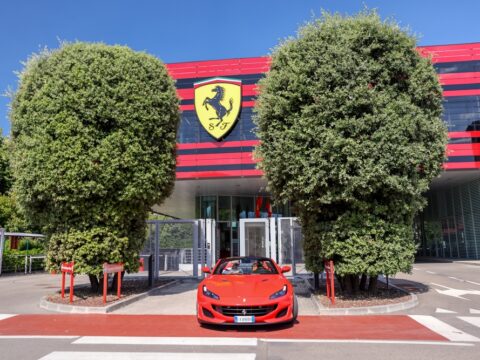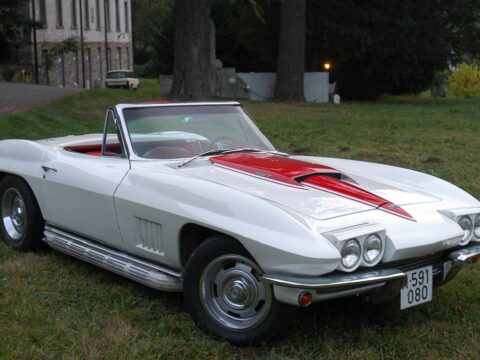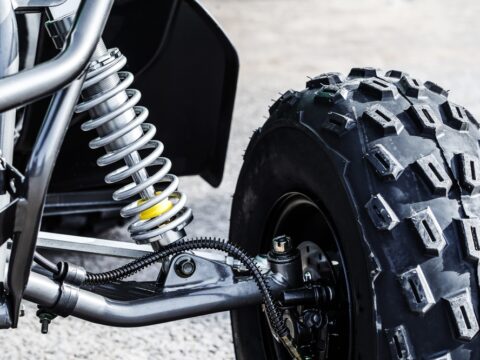Your car’s engine is the heart of your vehicle, and keeping it in good condition is essential for its longevity and performance. However, many drivers unknowingly engage in habits that can cause serious damage over time. In this article, we’ll highlight 20 engine-damaging habits you might not be aware of, helping you to avoid costly repairs and keep your car running smoothly.
Contents
Revving the Engine When Cold
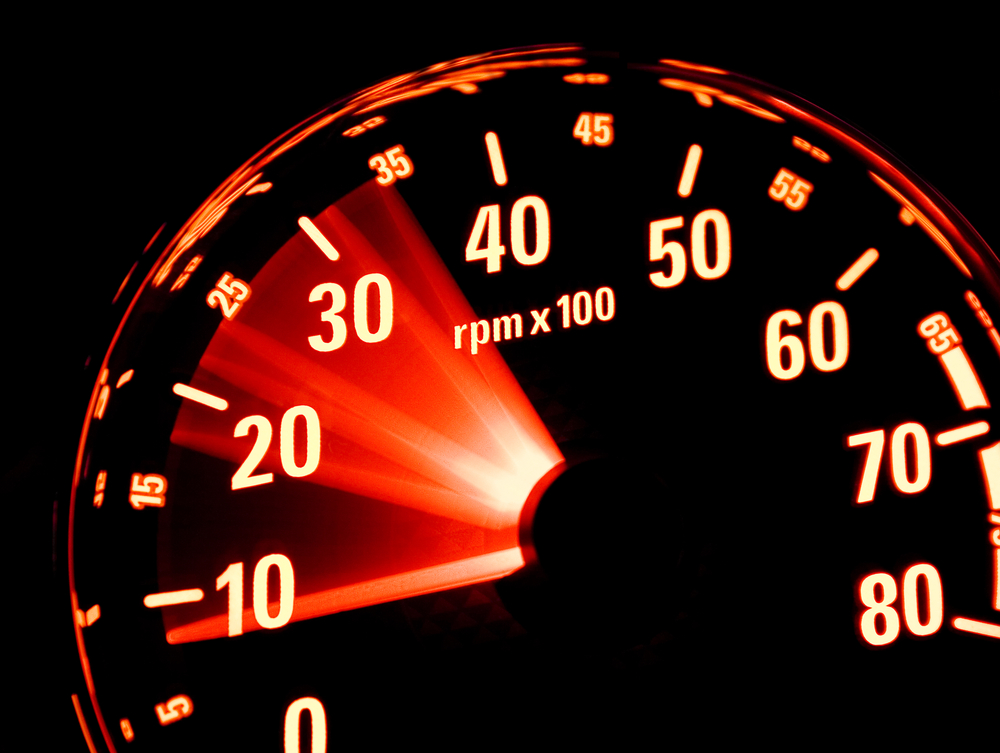
Starting your car and immediately revving the engine can cause undue wear and tear. Cold engines need time for the oil to circulate and lubricate the components properly. Revving the engine before it has warmed up can lead to increased friction and wear, potentially causing long-term damage to critical parts.
Neglecting Oil Changes
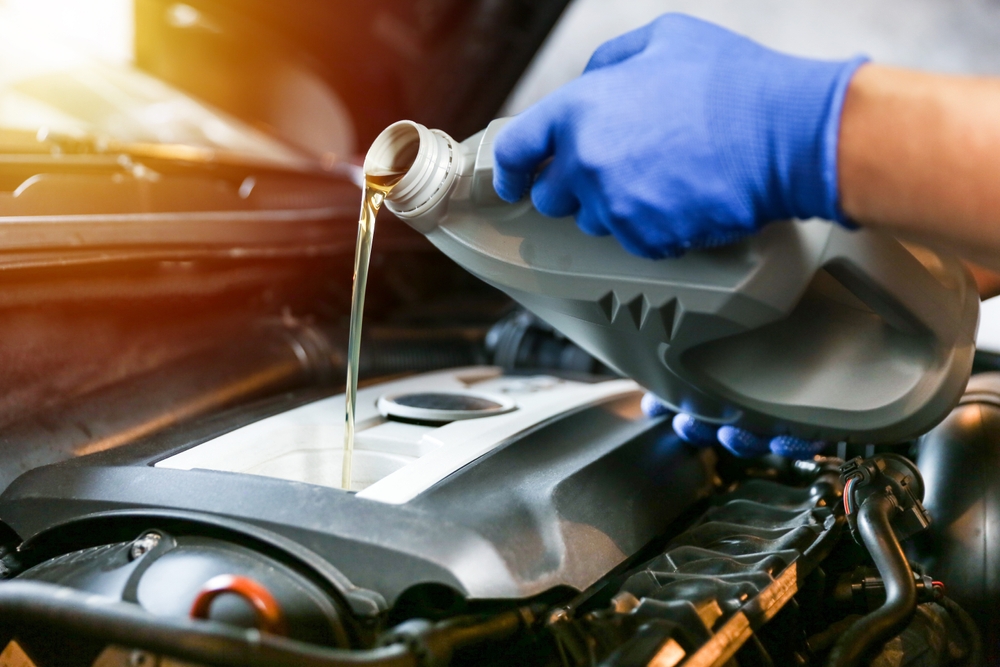
Image Editorial Credit: Shutterstock.com
Skipping regular oil changes can lead to engine sludge and decreased performance. Oil is essential for lubricating engine parts and reducing friction. Over time, oil can break down and become contaminated with dirt and debris. Without regular oil changes, this sludge can clog oil passages and lead to poor engine performance or even engine failure.
Ignoring the Check Engine Light
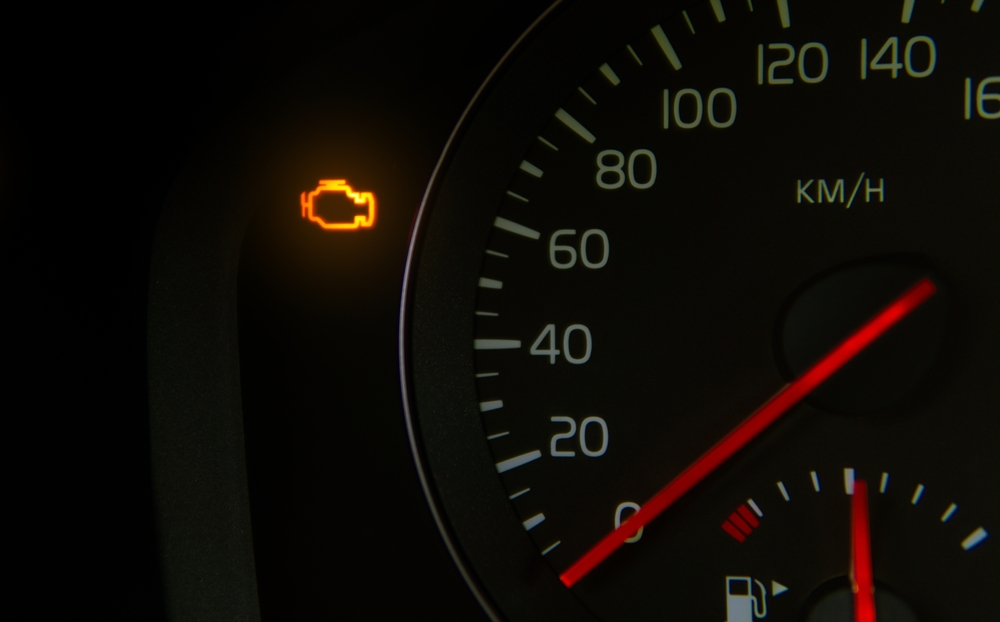
Image Editorial Credit: Shutterstock.com
Ignoring this warning can lead to bigger and more expensive problems down the road. The check engine light can indicate a variety of issues, from a loose gas cap to a serious engine problem. Ignoring this warning can allow minor issues to escalate into major repairs, potentially leading to costly damage.
Using the Wrong Oil
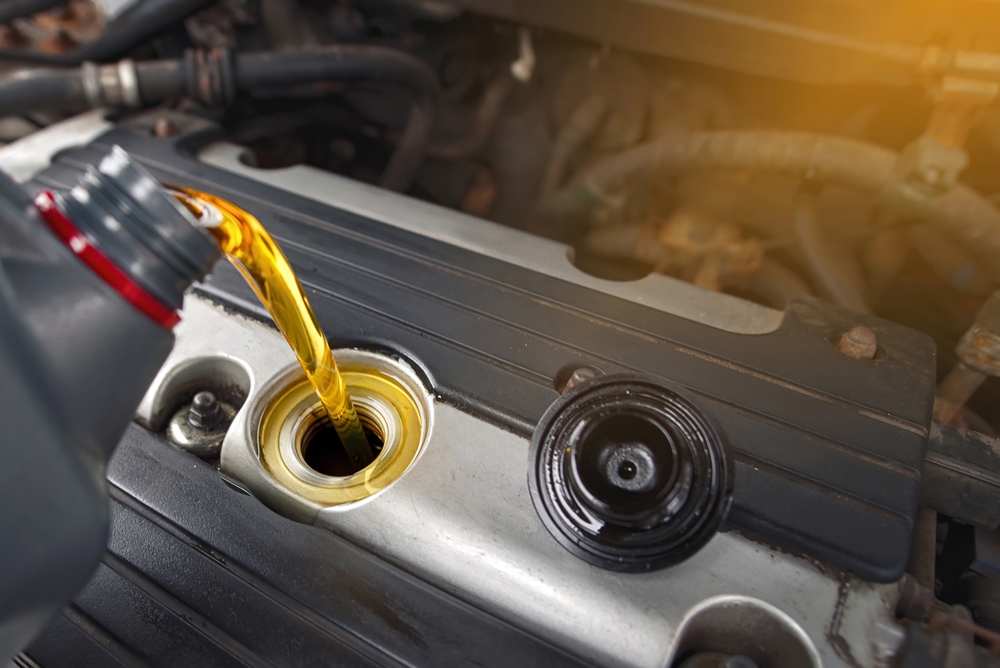
Image Editorial Credit: Shutterstock.com
Using oil with the wrong viscosity for your engine can cause damage and reduce efficiency. Engines are designed to work with specific types of oil that provide the right balance of lubrication and viscosity. Using the wrong oil can lead to inadequate lubrication, increased friction, and overheating, which can cause engine wear and damage.
Driving on Low Fuel
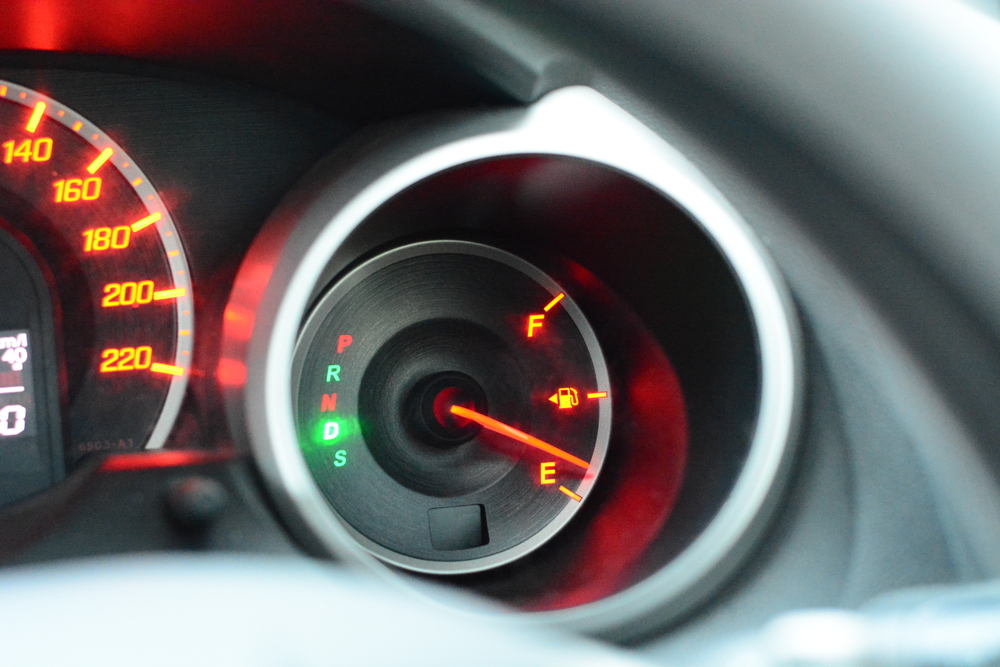
Image Editorial Credit: Shutterstock.com
Frequently driving on a nearly empty tank can damage the fuel pump. The fuel pump relies on gasoline to stay cool and lubricated. Running your car on low fuel can cause the pump to overheat and wear out prematurely, leading to expensive repairs or replacement.
Overloading Your Car

Image Editorial Credit: Shutterstock.com
Carrying too much weight puts extra strain on the engine. Overloading your vehicle can cause the engine to work harder than it was designed to, leading to overheating and accelerated wear. It can also affect the transmission, brakes, and suspension, causing additional strain and potential damage.
Skipping Air Filter Replacements
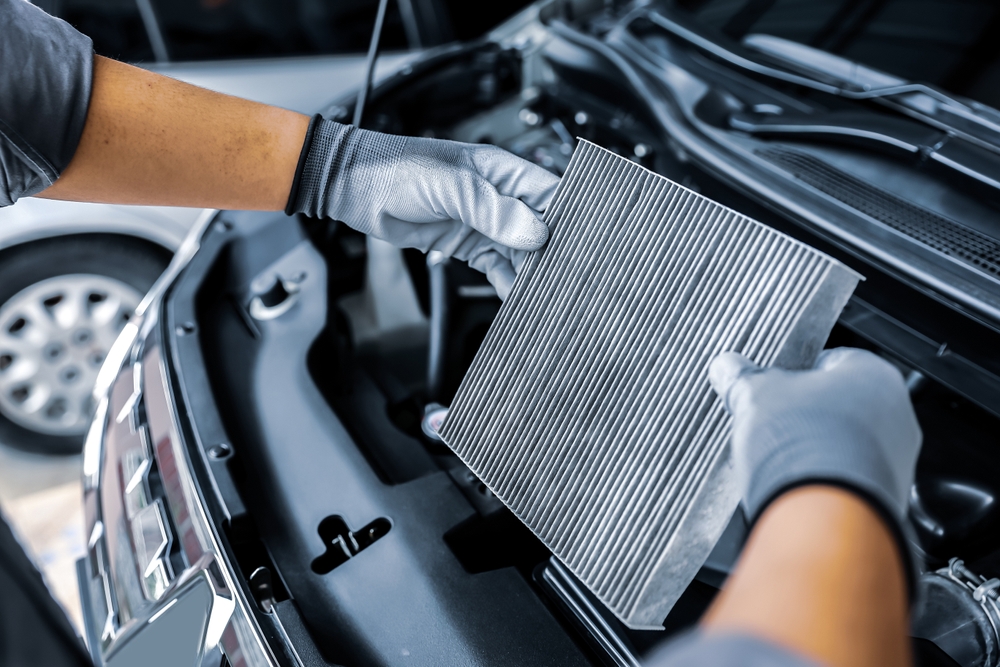
Image Editorial Credit: Shutterstock.com
A dirty air filter restricts airflow, reducing engine performance and efficiency. The air filter prevents dust, dirt, and other contaminants from entering the engine. When the filter is clogged, it restricts airflow, causing the engine to work harder and burn more fuel, which can reduce performance and increase wear.
Using Low-Quality Fuel
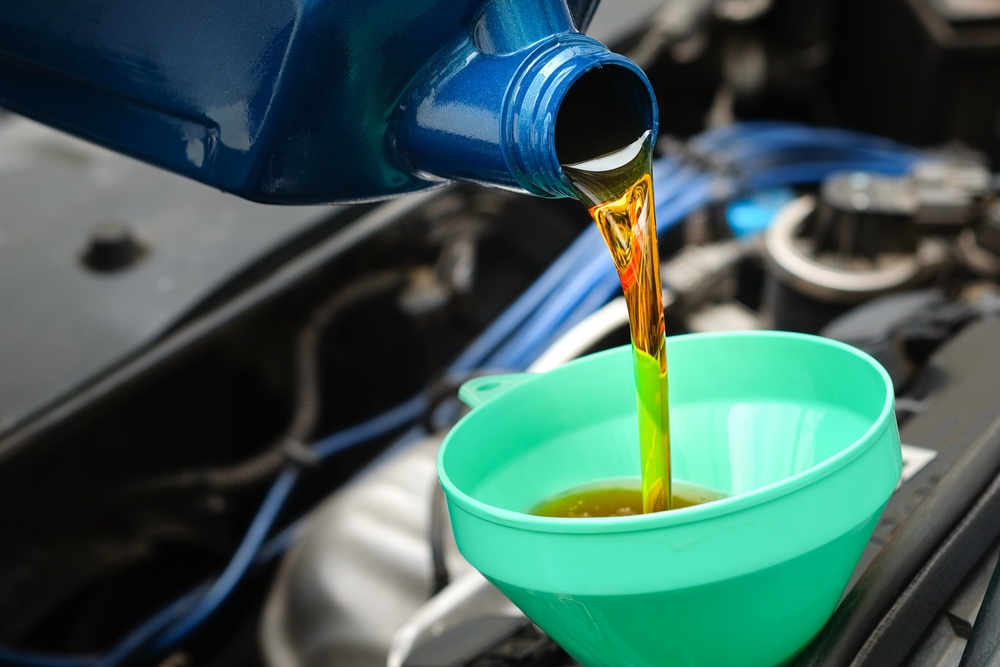
Image Editorial Credit: Shutterstock.com
Cheap, low-quality fuel can contain impurities that harm your engine. Low-quality fuel may have contaminants or improper octane levels that can lead to poor combustion, engine knocking, and deposit buildup. Over time, this can reduce engine efficiency and cause damage to fuel injectors and other components.
Ignoring Strange Noises
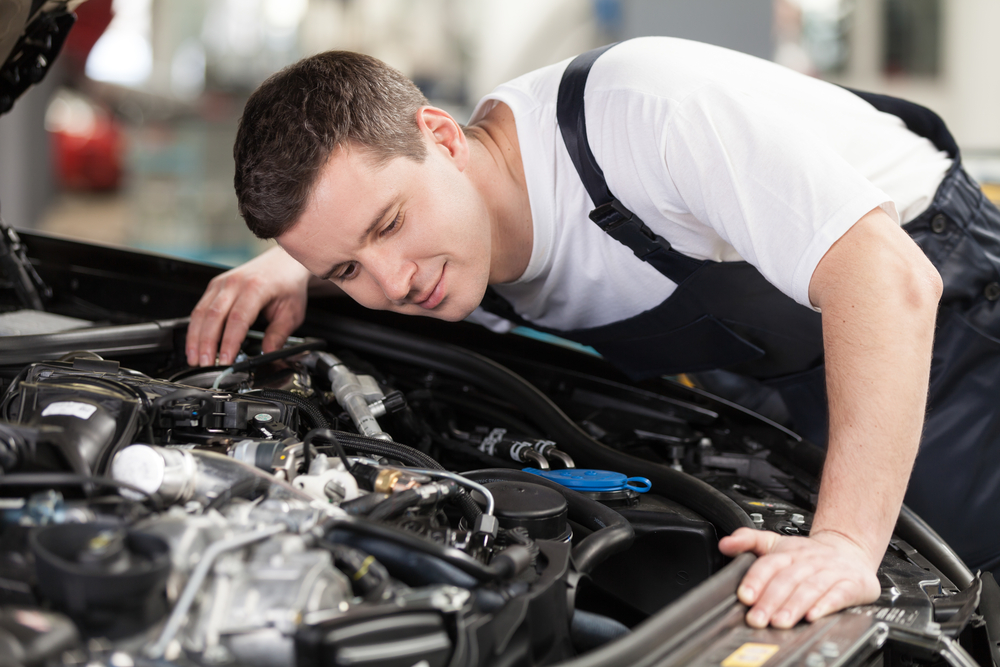
Image Editorial Credit: Shutterstock.com
Unusual noises often indicate an underlying issue that can worsen if left unchecked. Strange sounds, such as knocking, ticking, or squealing, can signal problems like worn-out bearings, loose belts, or engine misfires. Ignoring these noises can lead to severe engine damage and costly repairs.
Short Trips

Image Editorial Credit: Shutterstock.com
Frequent short trips don’t allow the engine to reach optimal operating temperature, leading to increased wear. Short trips prevent the engine from fully warming up, which can cause condensation and fuel residues to accumulate in the oil, leading to sludge buildup and increased wear on engine components.
Aggressive Driving
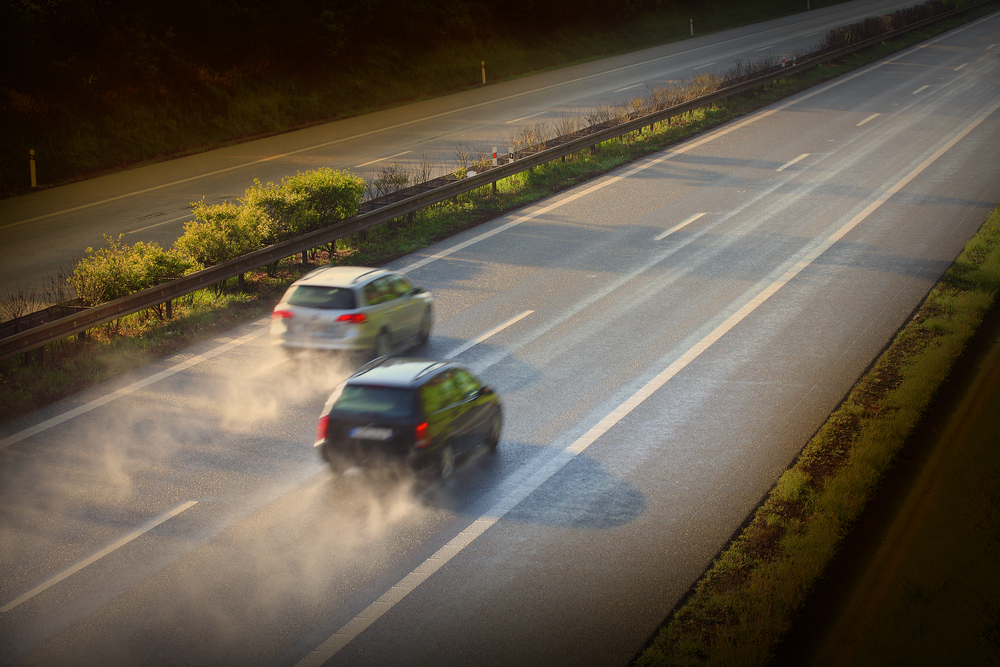
Image Editorial Credit: Shutterstock.com
Hard acceleration and braking can cause excessive engine strain. Aggressive driving puts extra stress on the engine, transmission, and other components. Rapid acceleration and hard braking can lead to increased wear and tear, overheating, and reduced fuel efficiency, ultimately shortening the engine’s lifespan.
Ignoring Coolant Flushes
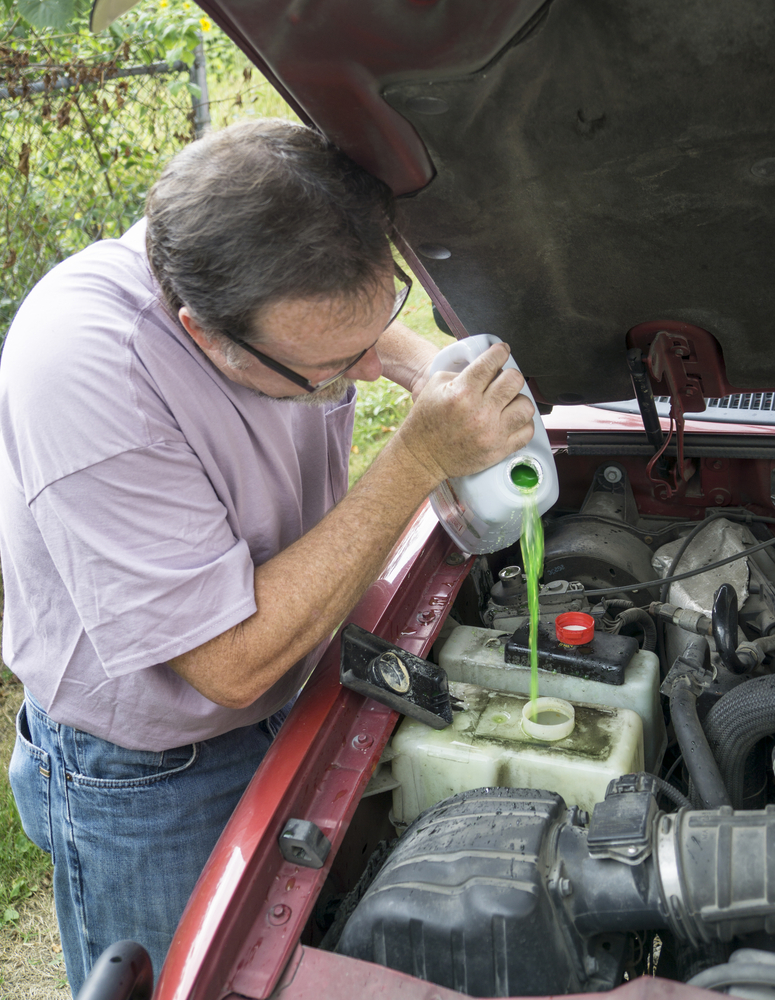
Image Editorial Credit: Shutterstock.com
Old coolant can become corrosive and damage your engine. Coolant helps regulate the engine’s temperature and prevent overheating. Over time, coolant can degrade and become contaminated, leading to corrosion and blockages in the cooling system. Regular coolant flushes help maintain optimal engine temperature and prevent damage.
Using Additives Without Consultation
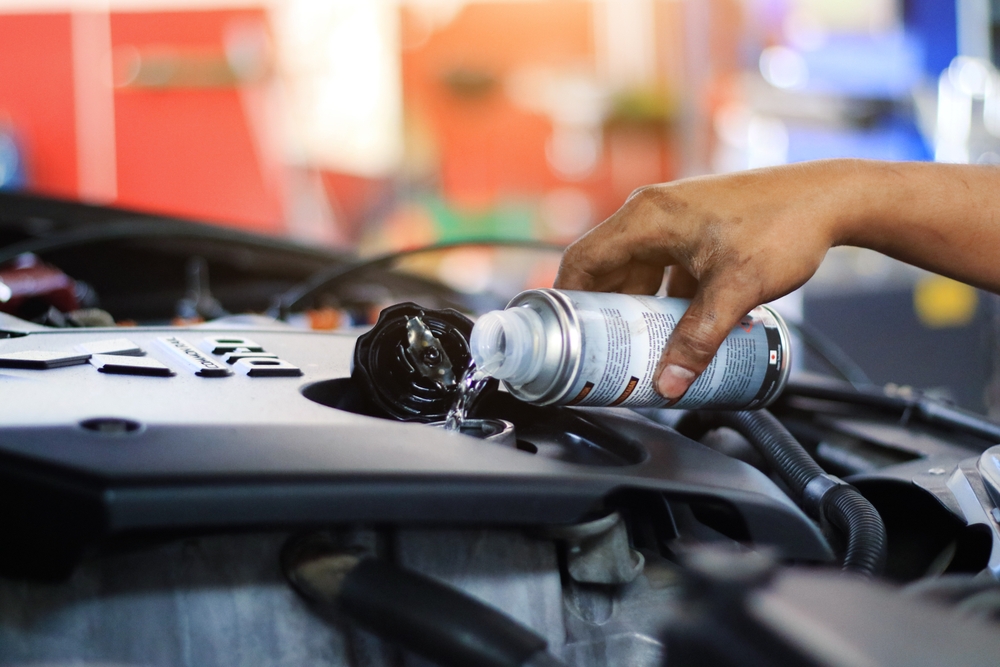
Some additives can harm your engine if not recommended by the manufacturer. Engine additives may promise enhanced performance or protection, but using the wrong ones can disrupt the chemical balance of your engine oil or fuel. Always consult your owner’s manual or a professional mechanic before adding any additives.
Not Warming Up the Engine
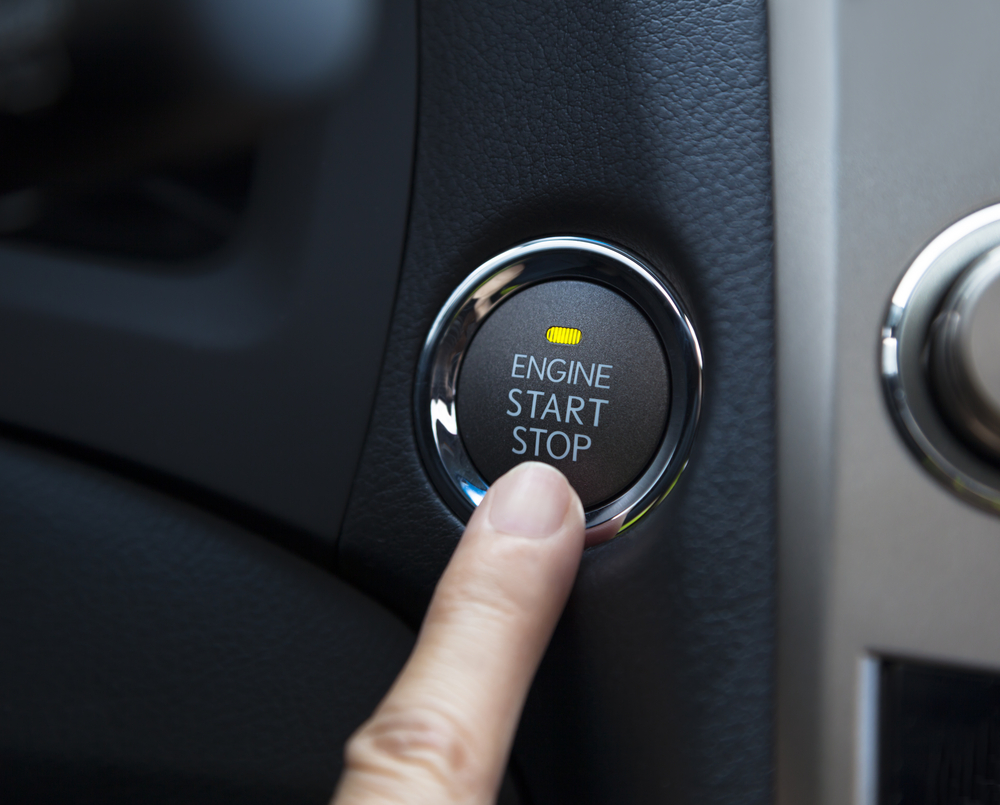
Image Editorial Credit: Shutterstock.com
Failing to let the engine warm up on cold days can cause internal damage. In cold weather, engine oil takes longer to circulate and provide proper lubrication. Driving off immediately can cause increased friction and wear on engine components. Allowing the engine to warm up for a few minutes ensures proper lubrication and reduces wear.
Skipping Timing Belt Replacement
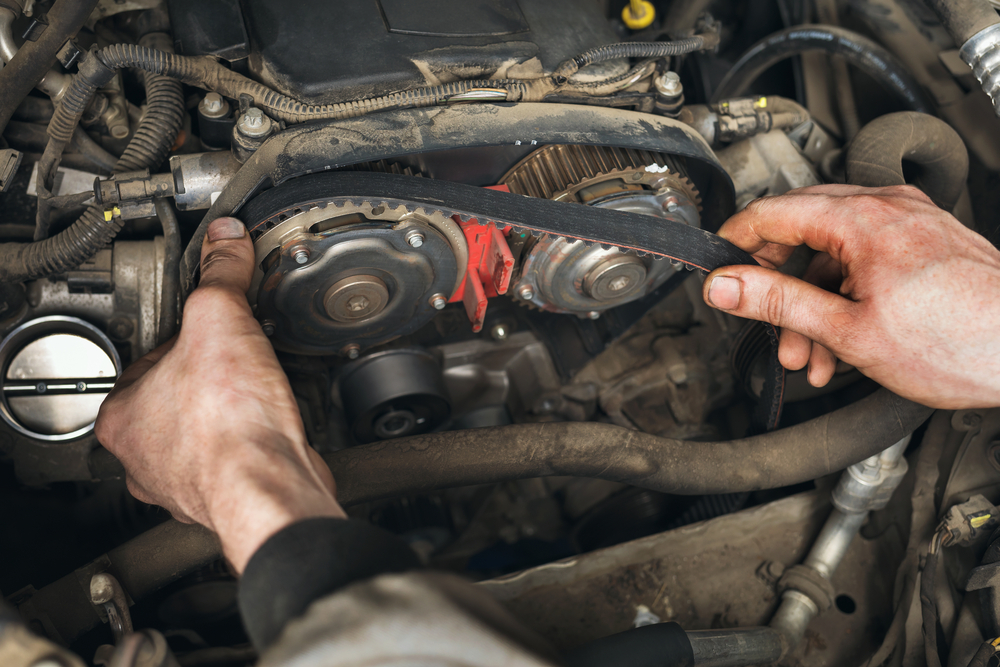
Image Editorial Credit: Shutterstock.com
A broken timing belt can cause catastrophic engine damage. The timing belt synchronizes the rotation of the crankshaft and camshaft, ensuring the engine’s valves open and close at the right times. If the timing belt breaks, it can lead to severe engine damage, including bent valves and damaged pistons. Regular replacement according to the manufacturer’s schedule is crucial.
Using the Wrong Spark Plugs
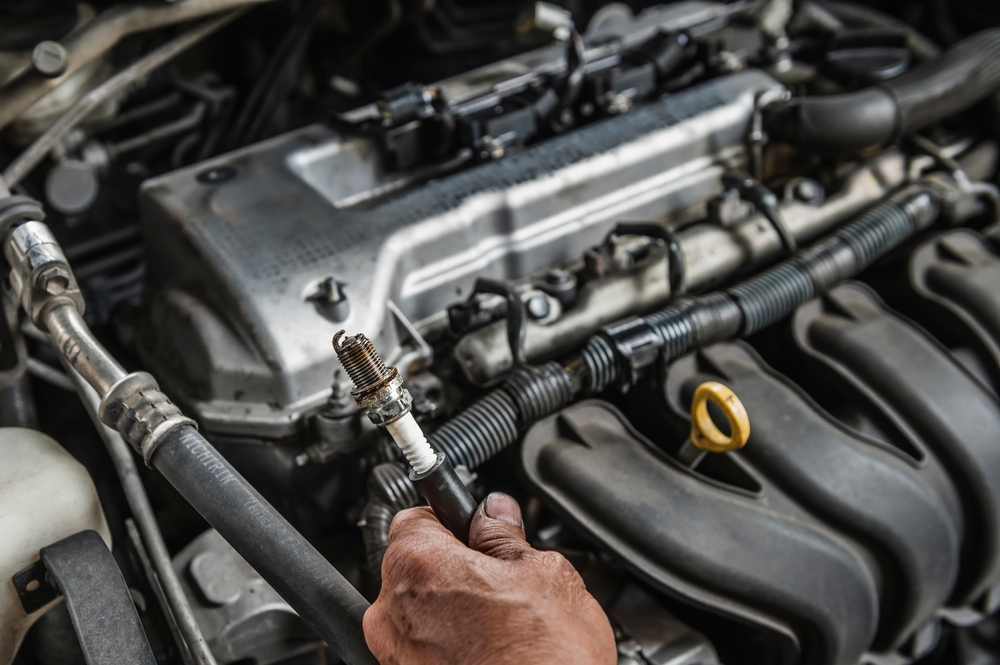
Image Editorial Credit: Shutterstock.com
Incorrect spark plugs can cause poor engine performance and damage. Spark plugs are critical for igniting the air-fuel mixture in the engine. Using the wrong type or gap can lead to misfires, reduced fuel efficiency, and increased emissions. Always use the recommended spark plugs for your engine to ensure optimal performance and longevity.
Ignoring Fluid Leaks
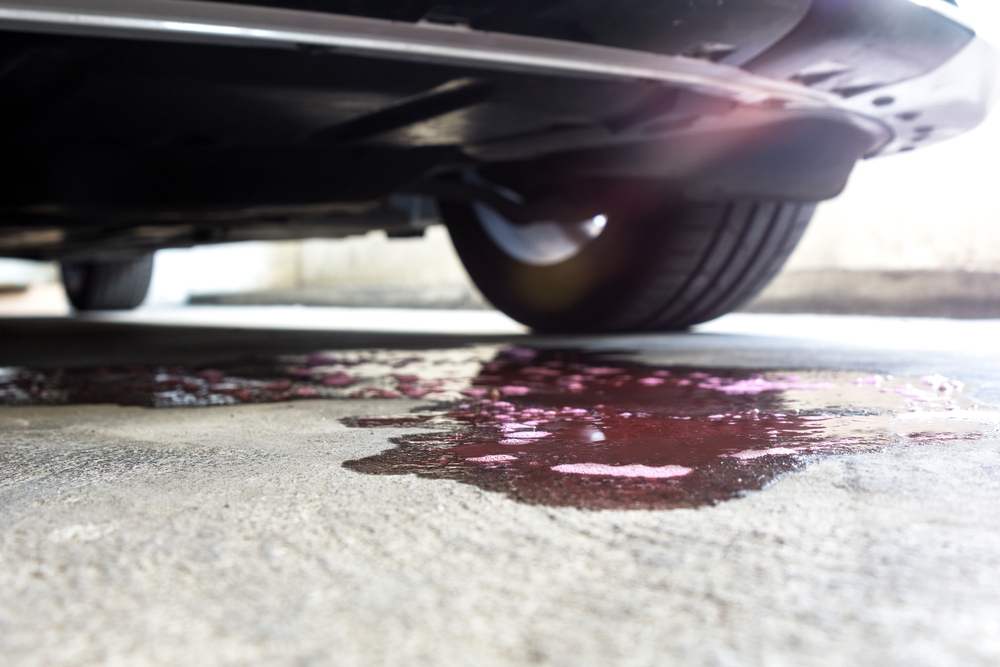
Image Editorial Credit: Shutterstock.com
Oil or coolant leaks can lead to serious engine damage if not addressed promptly. Fluid leaks can indicate underlying issues such as worn gaskets or seals. Ignoring these leaks can result in low fluid levels, leading to overheating, poor lubrication, and severe engine damage. Regularly check for and address any leaks to maintain engine health.
Overheating
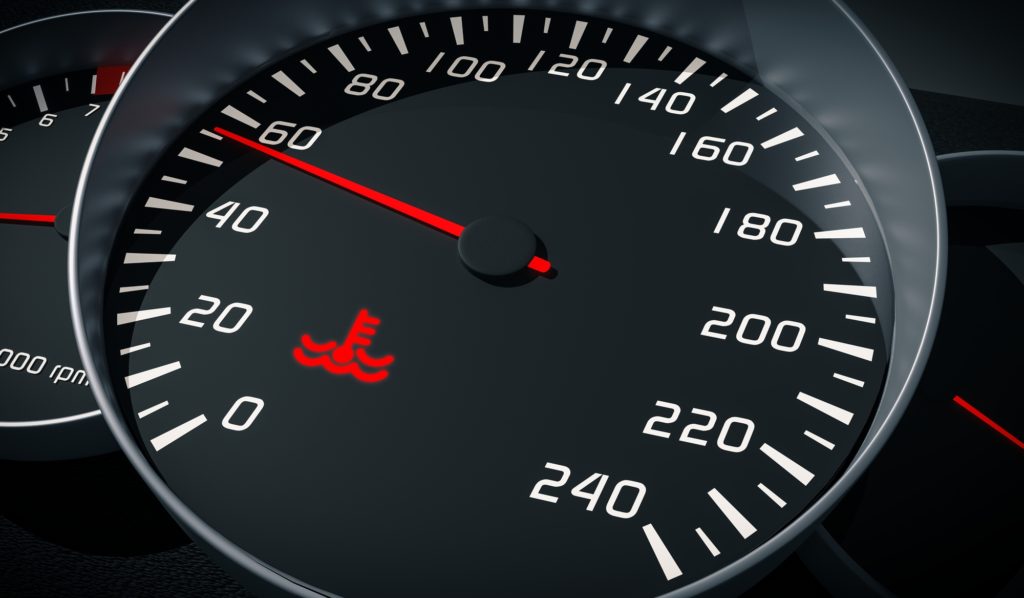
Image Editorial Credit: Shutterstock.com
Running your engine too hot can cause severe internal damage. Overheating can warp engine components, damage gaskets, and cause internal engine failures. It’s essential to monitor your engine’s temperature gauge and address any cooling system issues, such as low coolant levels or faulty radiators, to prevent overheating.
Skipping Regular Maintenance
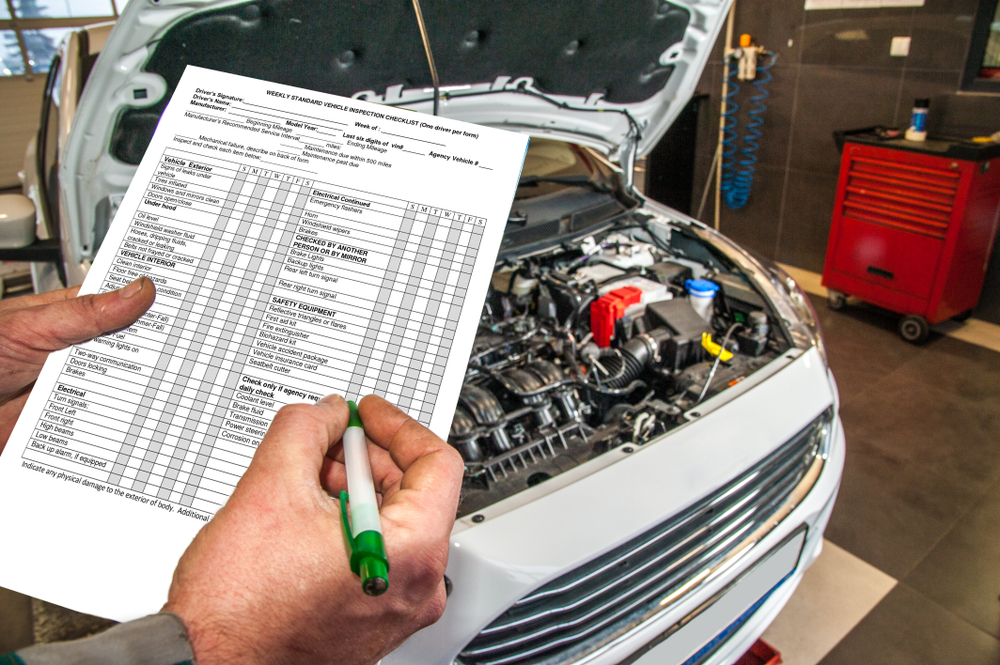
Image Editorial Credit: Shutterstock.com
Failing to follow the manufacturer’s maintenance schedule can lead to engine problems. Regular maintenance, such as oil changes, filter replacements, and inspections, is crucial for keeping your engine in good condition. Skipping these tasks can lead to reduced performance, increased wear, and potential engine failure.
Using the Wrong Octane Fuel
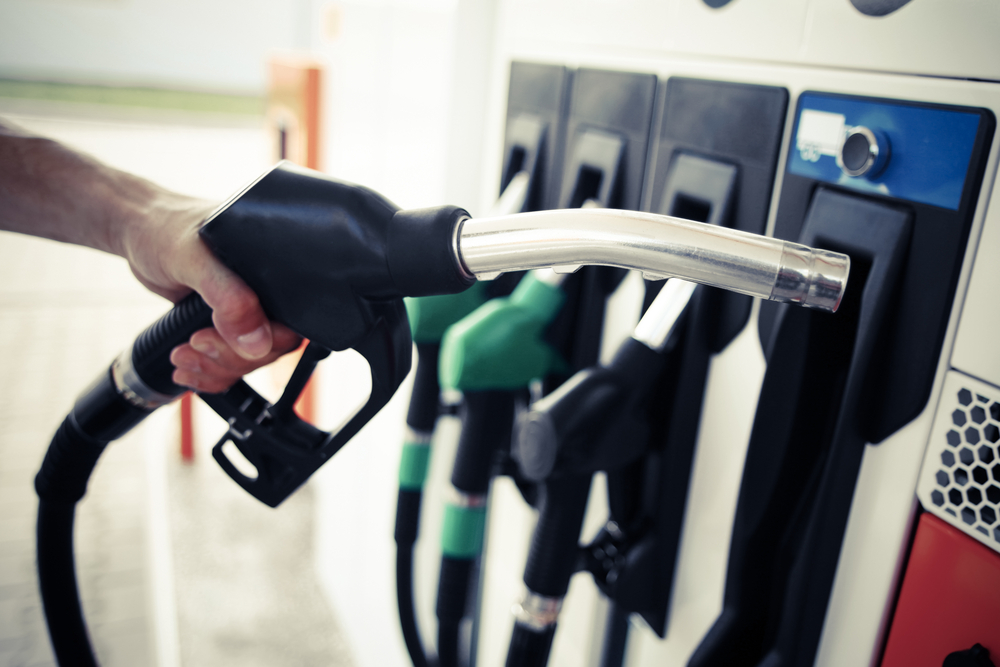
Image Editorial Credit: Shutterstock.com
Using fuel with the wrong octane rating can harm your engine over time. Engines are designed to run on specific octane levels to prevent knocking and ensure optimal performance. Using lower octane fuel than recommended can cause knocking, reducing engine efficiency and potentially causing long-term damage.
This article originally appeared in MyCarMakesNoise.
More from MyCarMakesNoise
Top 20 Cars with the Most Luxurious Interiors You Must Experience

When it comes to luxury cars, the interior is where you truly experience the opulence. From plush leather seats to state-of-the-art technology, the most luxurious interiors offer unparalleled comfort and style. Read More
15 Common Electric Vehicle Repairs You Should Know About

Owning an electric vehicle (EV) comes with its unique set of benefits, but it also requires a different approach to maintenance and repairs. While EVs are generally reliable, they do have their own set of common issues. Read More
12 Most Bizzare Car Features Ever Invented
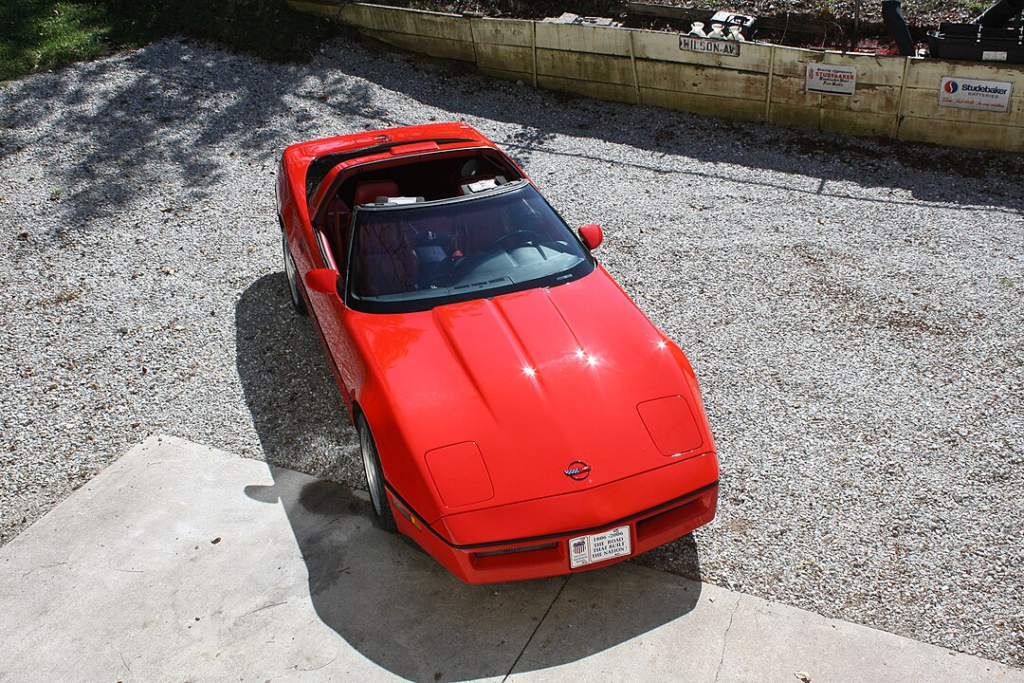
Cars have seen some truly wild innovations over the years. From swiveling seats to in-car record players, automakers have come up with some bizarre features that often leave us scratching our heads. Read More


